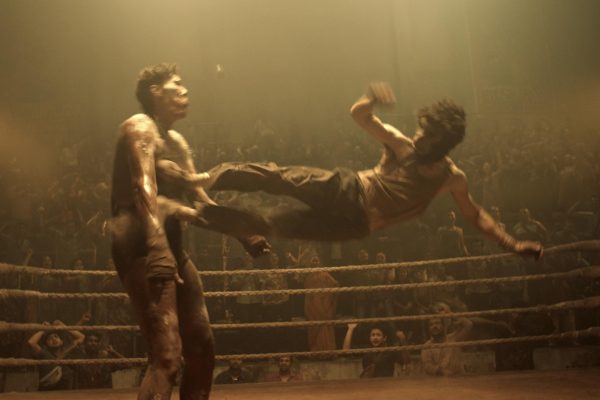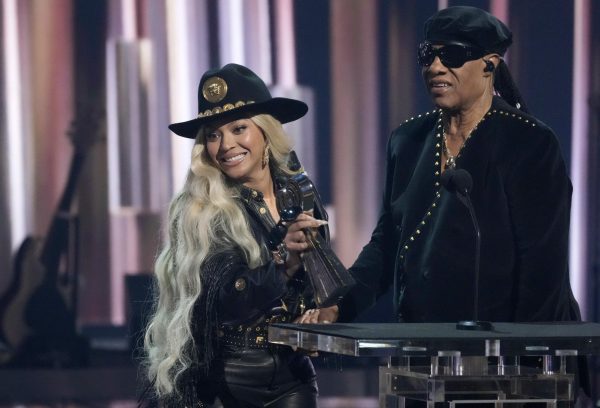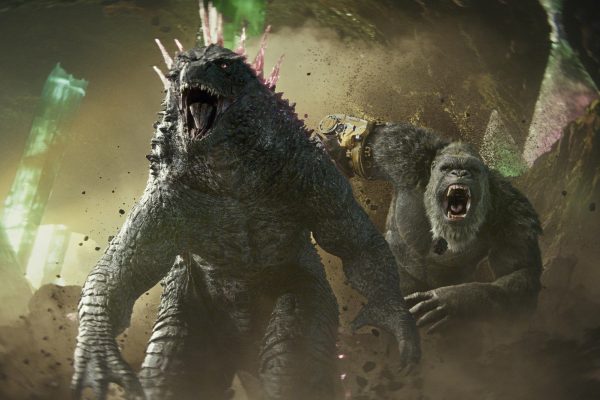Hero films growing darker
March 23, 2017
It seems superhero films are no longer for 5-year-old boys and faint-hearted moviegoers, as their themes have grown darker, visuals more graphic and ratings exceeding PG-13, beginning a new era of what audience members deem a “hero.”
With great box office success comes great responsibility, and since 2000, superhero franchises have brought production industries big bucks, creating a high demand for action-packed thrillers.
Bryan Singer’s “X-Men,” released July 2000, defined the genre of superhero movies. The tagline for the film teased, “Change is coming,” but audiences weren’t prepared for what came next. Singer was one of the first directors to humanize a hero, exposing their checkered past or giving audiences a glimpse into their years before they became a hero. Singer created a new kind of hero: one who was human.
In 2005, Marvel decided to make its own movies and license them to distributors, but to keep the existing budget, they couldn’t exceed PG-13 ratings because of a contract signed by the company. This led the company to launch a series of interconnected films existing in the same universe but at different points in time, creating the Avengers franchise.
Although the films were PG-13, they didn’t shy away from dark subjects. “X-Men: The Last Stand,” released in 2006, made audiences choke back tears as Wolverine killed Jean, the woman he loved, in order to protect the world. “Iron Man,” released in 2008, did the same and paved the way for an intricate web of plotlines while introducing jarring images of bullet wounds and betrayal.
Then, in 2016, “Deadpool” happened. This film seemed to launch the trend of R-rated superhero films, as it was received with tremendous praise and introduced audiences to the anti-hero: a sarcastic, crass Wade Wilson, who is transformed into Deadpool after a medical experiment. Audiences loved his laid-back approach to heroism, showing his shortcomings and flaws. Since then, it seems moviegoers have demanded more R-rated hero films, giving studios the courage necessary to create more films like this.
Director Tim Miller certainly deserves serious credit for “Deadpool,” but the real pioneer of the modern superhero is Singer.
Singer took a minimalistic, reserved approach to “X-Men” and “X2,” a refreshing burst of fresh air to the industry and its audiences. His films showed that despite Wolverine’s mutant abilities, there would always be something that he and other heroes couldn’t have.
Marvel’s X-Men films were designed to grow up with the generation that started watching them. The films targeted younger moviegoers with relatively tame subject matter and no intense gore, but as audience members grew, so did the films, including more mature language and themes. Throughout the past 17 years, the heroes created by Marvel have grown with their audiences.













